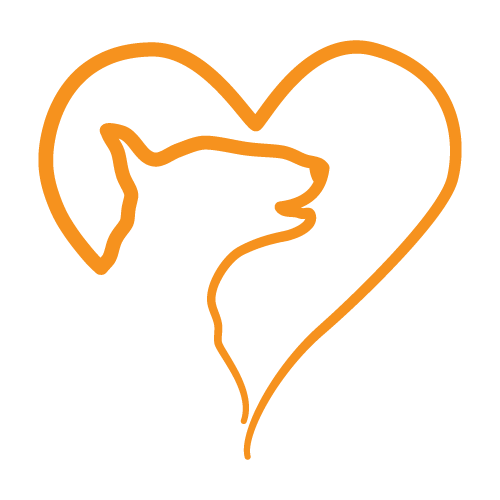Lockdown puppy
Harro there, welcome to the blog if you’re a newb, and welcome back if your aren’t.
This article is concentrating on what is being termed as lockdown puppy. Don’t ask me who invented it, it just started appearing online somehow, as these things do, and it’s seems to have stuck as a general term for pups born in lockdown.
Bailey the Cockerpoop pupper. Them fuzzy feet mind!
Why is this important to me, Katie?
Here’s the thing…not everyone is aware of the problems that can or could be caused by the lockdown restrictions. Indeed some might not care. But it’s important for several reasons…you may have bought a puppy in lockdown and may be experiencing behaviour or clinical issues or know someone who has.
You might be thinking of getting a puppy and want to avoid being dog fished (click here for info on what dog fishing is).
You may have heard the term but don’t know what it means. I dunno, but if I wasn’t in the industry I would have likely not realised that lockdown was such a tricky time for puppies and their people.
I do feel though as both in my role as a post adoption behaviour officer, and my private role as a behaviourst and dog trainer that it’s my duty of care to help educate our pet owning community. After all, I am part of the community, I live here too and I’m pet owner. I’d be remiss given the extent of what my industry colleagues are reporting that lockdown puppy is a real problem and the effects of Covid 19 on these puppies will be felt for this generation at least, if I didn’t at least, do something even in a small way to help. Myself and my colleagues want the best for you and your puppies and other pets, and we are seeing so many puppies under socialised to life it’s beyond what we had expected.
What exactly is lock down puppy then, Katie?
Puppies born into a socially restricted environment might have lower social and coping skills, not just with their con-specifics (other dogs), but with other species including us humans as well as lower skills in being able to cope in their environment. In other words, they might have trouble emotionally with the world and their behaviour causes issues with their families as well as to the poor pupper.
By socially restricted I mean where they don’t have the kind of mindful exposure to life they would under normal circumstances. This can be stuff we took for granted pre Covid 19, like regular visitors to the home, regular routines such as work patterns, sleep, wake, exercise and feeding, sights sounds smells, car or other transport journeys, trips to the vets or groomers for positive associations, gradual introductions to other people, animals, situations and locations, classes. Not an exhaustive list but during the most restrictive part of lockdown this would have been tricky for breeders and owners.
Also but not always inclusive with a lockdown puppy or kitten, they may be less well bred physically speaking. Not all breeders, breed for confirmation (how they are put together), temperament and health. Which so sad as without breeders, we wouldn’t have the wonderful dogs in our lives and they can do so much to send their pups off to new homes with the best of starts - check out Puppy Culture, which is awesome resource for breeders, professionals AND us dog guardians. Jane is working her socks off to provide the ideal foundations for puppies.
Maisie learning that previously scary things out in the wilds of Bristol predict good stuff. Cute bunny huh!
What can we do about it?
You may have heard the term, ‘socialisation period’ or something similar? It’s basically where animals, including us have a developmental stage where learning is easiest for them. Click here for nice info on this by my colleague, Zazie Todd PhD. It’s where we can pair experiences with positive associations and helps build resilience, coping skills and basically help prepare puppy or kitty for life once their brain is fully myelinated (nerve cells are matured). The key thing here is, if a puppy is fearful as a temperament trait, it can affect them on so many levels, physically and mentally just as stress does with us humans (Puurunen et al, 2020). And this obviously impacts their quality of life as well that of their human caregivers. And we are seeing so many fearful lockdown puppies!
But it’s not the end of the world. Puppies continue to learn as they mature, just like us every day is school day, and can adapt, some better than others and there are things we as the humans can do to make it even a tiny bit easier for them. Dogs Trust made these cute videos to help with this very thing, by the way. Click here to view.
Hope this helps someone and someones pupper.
If you liked this, let me know. Share it with your buddies and hit subscribe for more!
Reference:
Puurunen, J., Hakanen, E., Salonen, M., Mikkola, S., Sulkama, S., Araujo, C. and Lohi, H., 2020. Inadequate socialisation, inactivity, and urban living environment are associated with social fearfulness in pet dogs. Scientific Reports, [online] 10(1). Available at: <https://www.nature.com/articles/s41598-020-60546-w?fbclid=IwAR0U_7CTtnYsAszFPV4JFNjDm6p8ZVylEgf43JviV7O9L8BpyuqVLlLqb88> [Accessed 27 July 2020].


